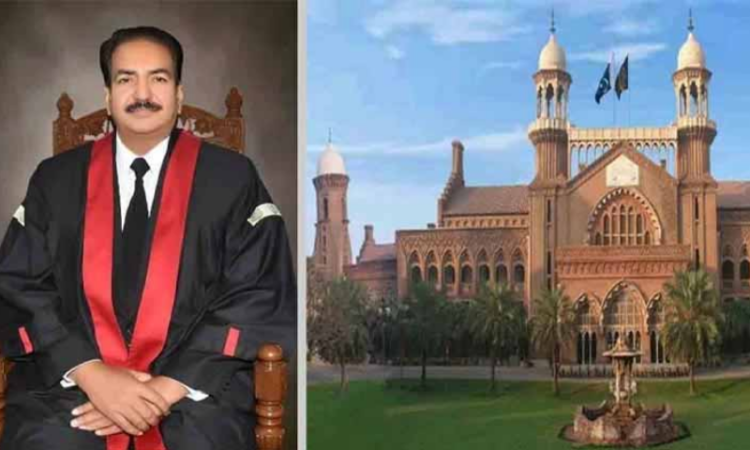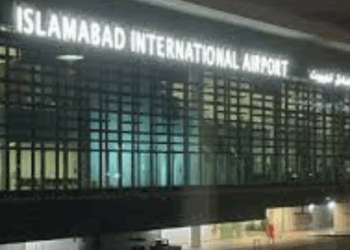Lahore, March 22, 2025: The Lahore High Court (LHC) has acquitted Muhammad Arif, who had been sentenced to life imprisonment for the rape and murder of a 19-year-old girl, citing insufficient and unreliable DNA evidence.
Justice Tariq Nadeem issued an 11-page verdict, emphasizing the importance of DNA in modern forensic investigations while underscoring the need for courts to ensure that DNA reports comply with legal standards.
The ruling highlighted that if DNA samples are not securely transferred to forensic labs, their reports cannot be considered reliable evidence. Justice Nadeem further noted that DNA reports, while valuable, are only expert opinions and cannot independently establish guilt without corroborating evidence.
After reviewing the entire case record, the court found the prosecution’s case to be riddled with doubts and inconsistencies, ruling that the conviction could not be upheld based on flawed evidence.
Arif was charged in 2019 under sections related to rape and murder. According to the prosecution, he allegedly raped the victim, slit her throat, and dumped her body in a field. However, the case lacked eyewitnesses, and the prosecution’s argument hinged on technical and circumstantial evidence.
The medical report did not find any evidence of rape, further weakening the case. Additionally, the prosecution relied on two witnesses who claimed to have last seen the victim heading toward the fields with the accused. The court ruled that such last-seen testimonies are considered unreliable in the absence of direct proof.
The court emphasized that convictions in serious crimes must be based on solid and unquestionable evidence. Since the DNA report and witness testimonies failed to meet legal standards, the LHC declared Arif’s conviction null and void and ordered his immediate release from prison.
This acquittal raises significant legal and public concerns over the handling of forensic evidence, procedural lapses, and the reliance on circumstantial evidence in criminal trials. It also highlights the urgent need for forensic reforms in Pakistan’s judicial system to ensure fair trials and prevent wrongful convictions.








